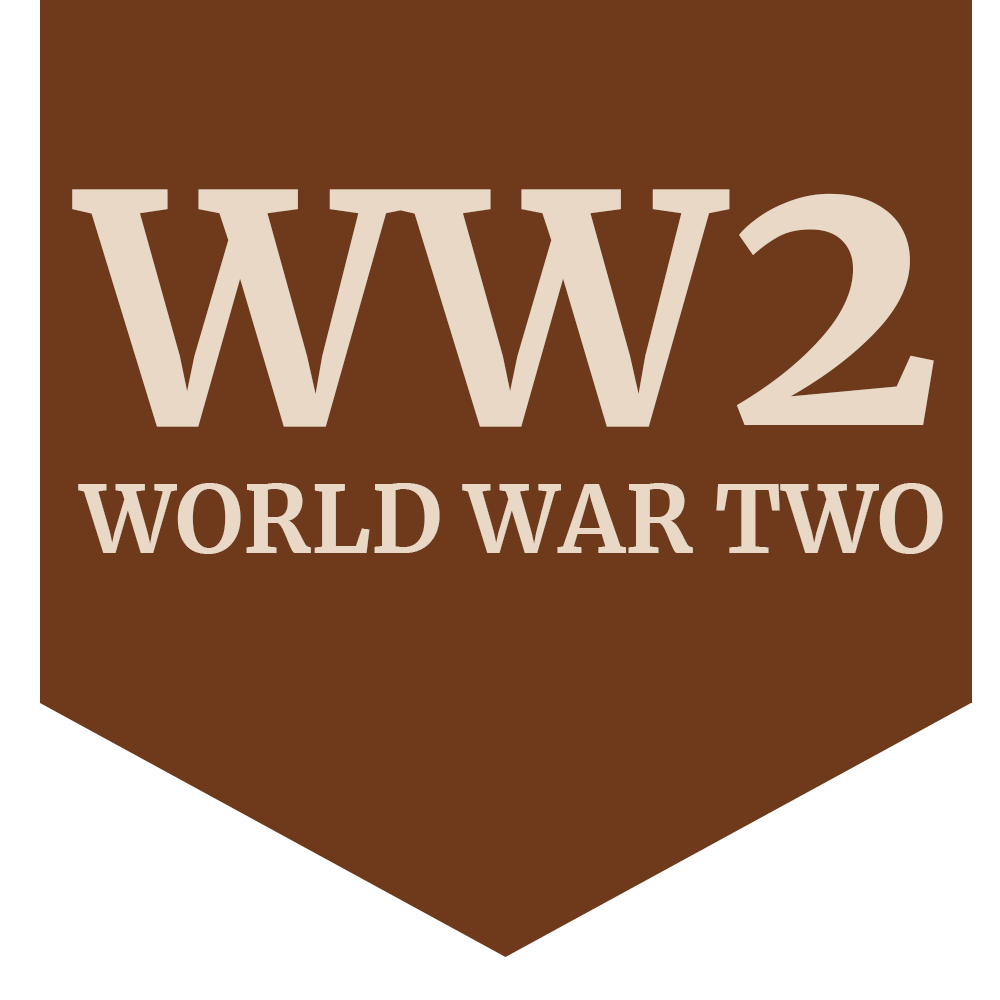
Cecil Arthur Bird
Like his father, Cecil Arthur Bird was a bricklayer.
- Family History
- Military history
- Extra information
- Photographs
Cecil Arthur Bird was the son of Cecil and May Bird and the brother of Dennis, Doreen, Kenneth, Wilfred and Maurice Bird. In 1939, they lived at 135, Cavendish Road, Carlton, Nottingham. Cecil's four brothers all went on to work in the building trade.
The Nottingham Advertiser, 9/12/1945 page 3:
BIRD - Corpl. Cecil Arthur, died of wounds. North West Europe
Just when his days were brightest
And his years were best
God took him from a world of turmoil
To a home of peace and rest
Uncle Albert, Auntie Annie, cousins Herbert and Albert
BIRD - He was always smiling and content, loved and respected wherever he went. Time will heal all wounds with the help of God and the memory of our dearly beloved son Cecil Arthur.
From his loving Mother, Father and Sister (Carlton)
BIRD - In November 1944, Cecil Arthur Bird of Carlton who died of wounds received in Western Europe.
We think of his name and treasure his smile
And think he is not gone but resting awhile
Sorrowing brother Dennis and wife Nancy, Mr and Mrs Jackson
On 19th September 2019, along with the other 327 soldiers in the Brunssum War Cemetery, Cecil Arthur Bird was granted Honorary Citizenship of the Municipality of Brunssum in the Netherlands. This was awarded on the 75th Anniversary of the liberation of Brunssum.
The ceremony was attended by Cecil Bird's niece, Mrs Lynda Schippers, and her husband Rienus.
Thanks to Mrs Schippers for her help compiling this record.
Brunssum British War Cemetery
The first to be buried in the cemetery had been transported from a field hospital in Merkelbeek in November 1944. Troops of the British 43rd Infantry Division (also known as the Wessex Division) were at that time engaged in heavy fighting around the area between the rivers Ruhr and the Meuse north of Sittard.
Other fallen soldiers were taken to the Brunssum cemetery at a later time. Many of them had fallen shortly before or during the battle for Geilenkirchen. There are also about 50 soldiers who died in January 1945 clearing mines along the German border.
The Second World War is still present in many places in Brunssum. Sometimes in memories and stories. Sometimes in the form of scars, such as the British War Cemetery. The sacrifice of these 328 men was made long ago, but has not been forgotten. Their legacy has not diminished. 'We are free, privileged and above all, grateful.' These are the words of Clemens Brocken, mayor from 2003 to 2012. (https://www.liberationroute.com/pois/899/brunssum-british-war-cemetery



